Trump and the Sheikhs: A Transactional Diplomacy in the Gulf
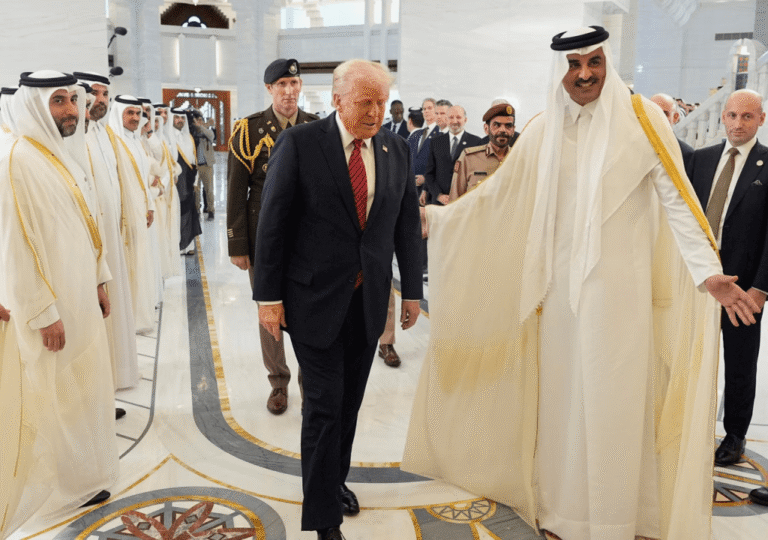
Donald Trump deepens U.S. relations with wealthy Gulf nations through high-profile arms and tech deals, positioning Saudi Arabia, the UAE, and Qatar as key strategic partners.

Donald Trump deepens U.S. relations with wealthy Gulf nations through high-profile arms and tech deals, positioning Saudi Arabia, the UAE, and Qatar as key strategic partners.
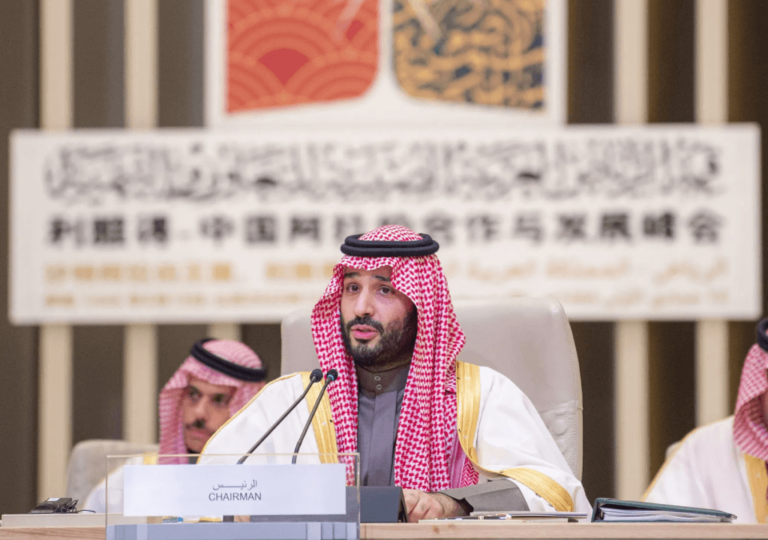
Saudi Arabia is stepping onto the world stage as a key diplomatic player, mediating global conflicts and expanding its influence beyond the Gulf. Is the kingdom the next great power broker?
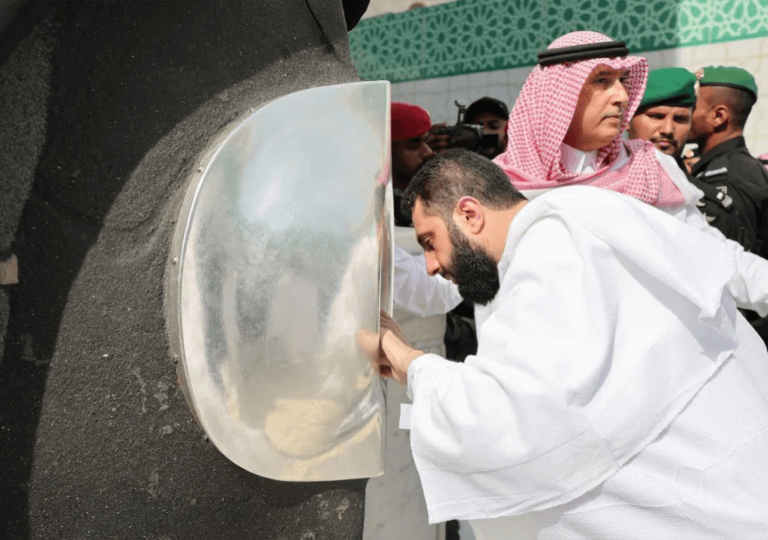
As Syria strengthens ties with Saudi Arabia, it signals a shift in regional power dynamics. Explore how this renewed alliance is reshaping the Middle East
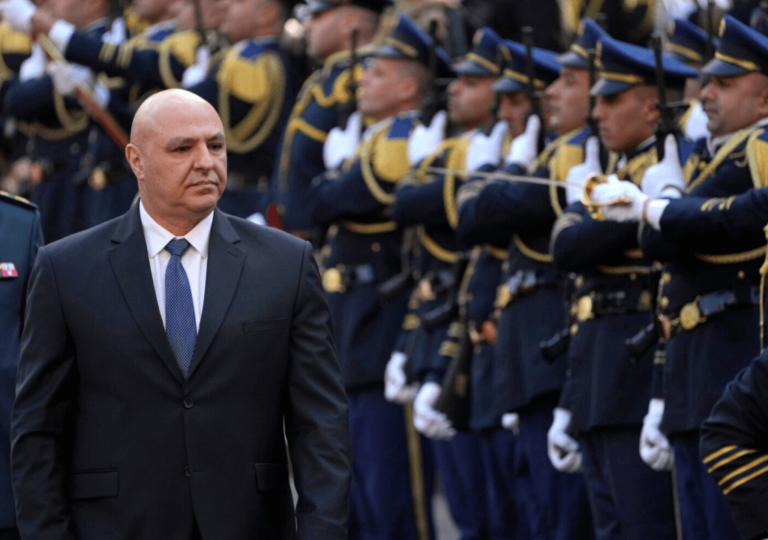
Lebanon elects Army Commander Joseph Aoun as president, signaling a shift away from Iran's influence and hope for stability
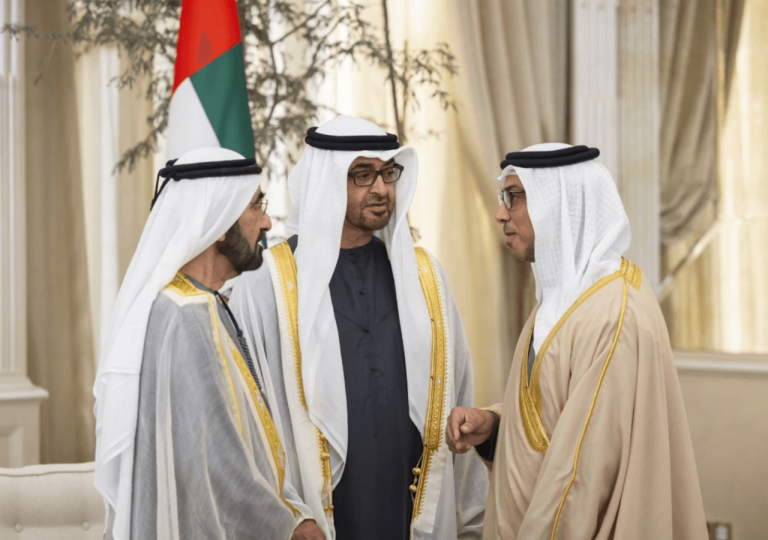
The UAE's strategic influence in Africa through diplomatic efforts, investments, and soft power initiatives
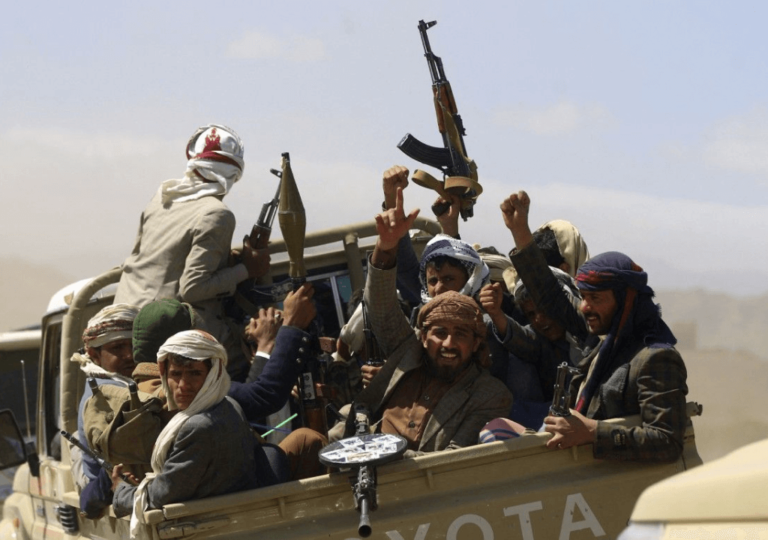
Pro-Palestinian accounts celebrate the Houthis missile strike on Israel, raising security concerns for Saudi Arabia and the region
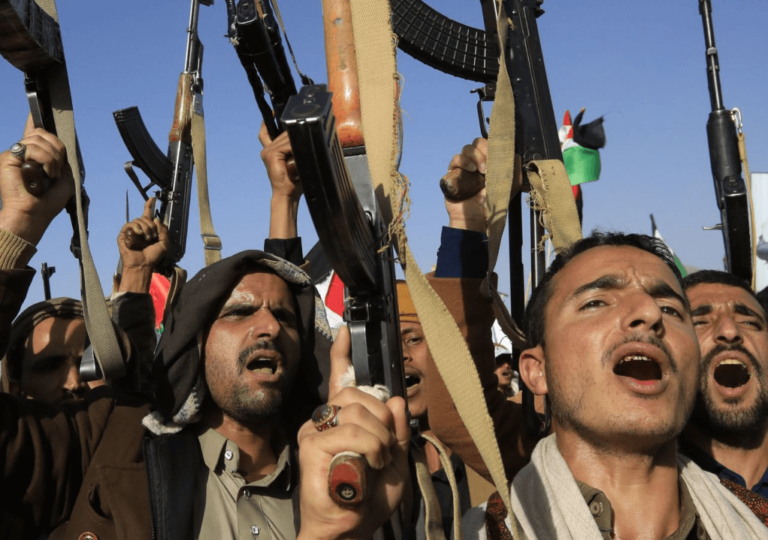
The Islamic world lacks a superpower to challenge Israel due to U.S. dominance and weakened regional leadership
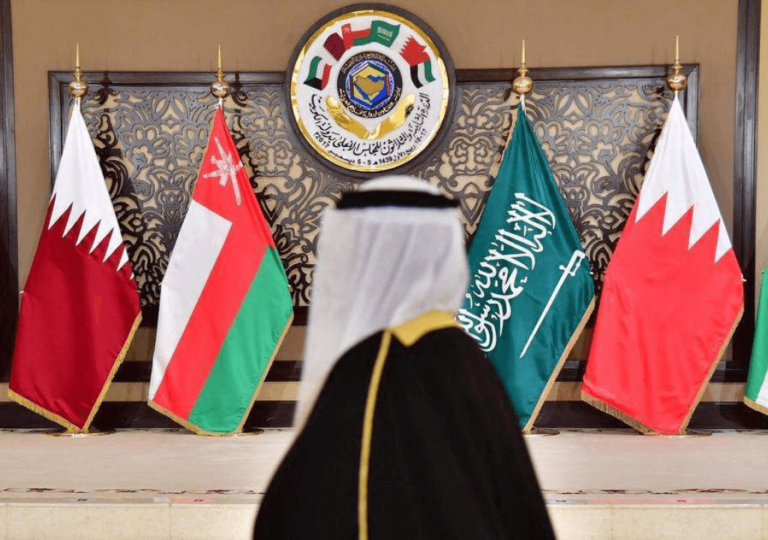
Amid trade wars, the EU's single market models economic cooperation, inspiring others like the Gulf Cooperation Council to form unified markets and compete globally.
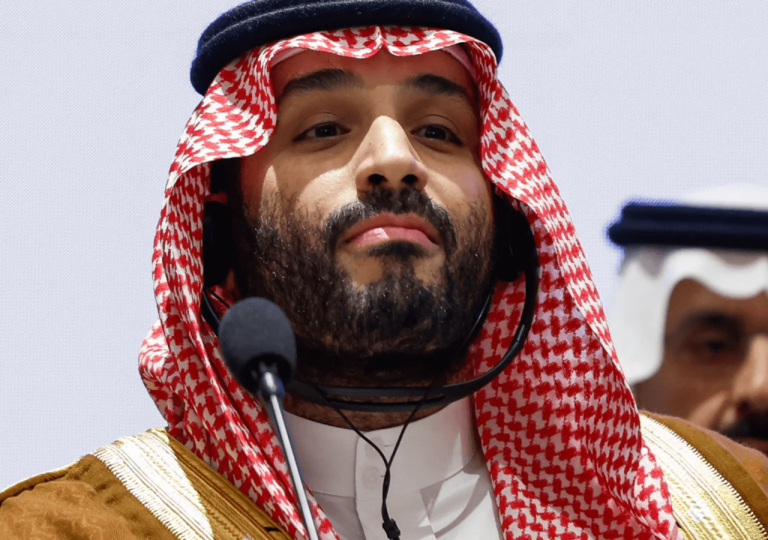
Saudi Arabia strategically navigates its alliance with the US amidst the Israel-Palestine conflict, aiming to secure favorable terms while excluding Israel from key agreements.
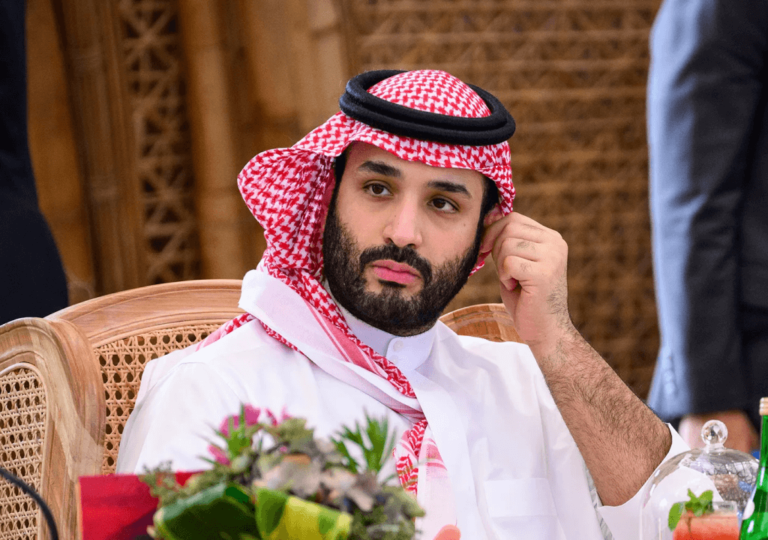
FIFA considers Saudi Arabia for 2034 World Cup, sparking outcry over human rights and "Sportswashing" concerns amid FIFA's track record.